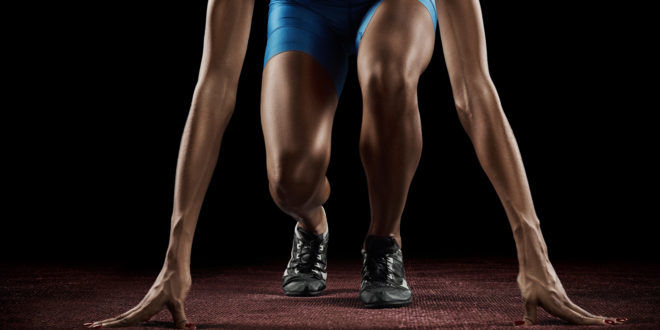A Connecticut policy that allows transgender girls to compete in girls high school sports, violates Title IX and the civil rights of players that have always identified as female, ESPN reports.
The U.S. Education Department has come to a decision that would likely see the state change its policy in order to continue receiving federal funding and influence other schools to do the same.
In a letter obtained by The Associated Press, the department’s civil rights office responded to a complaint that was filed in 2019 by several cisgender female track athletes who felt that transgender female runners had an unfair advantage. The office said, “that it may seek to withhold federal funding over the policy, which allows athletes to participate under the gender with which they identify.”
The office found that the school’s policy violates Title IX, which is, “the federal civil rights law that guarantees equal education opportunities for women, including in athletics.”
The letter, which is dated May 15, states that it has “denied female student-athletes athletic benefits and opportunities, including advancing to the finals in events, higher-level competitions, awards, medals, recognition, and the possibility of greater visibility to colleges and other benefits.”
As a response, the Connecticut Interscholastic Athletic Conference said its policy “complies” with another state law, which bars discrimination against transgender students.
“Connecticut law is clear and students who identify as female are to be recognized as female for all purposes — including high school sports,” the athletic conference stated in an official press release. “To do otherwise would not only be discriminatory but would deprive high school students of the meaningful opportunity to participate in educational activities, including interscholastic sports, based on sex-stereotyping and prejudice sought to be prevented by Title IX and Connecticut state law.”
Roger Brooks, an attorney for the Alliance Defending Freedom, who is representing the girls who filed the initial complaint, states, “Around the nation, districts are going to want to be reading this because it does have legal implications. … It is a first decision from the agency charged with enforcing Title IX addressing the question of whether males on the playing field or on the track are depriving girls of opportunities consistent with Title IX.”
Brooks’ hope is that the judge over the case will take the Education Department decision into consideration, according to ESPN.
Back in February, the civil rights office said it notified the athletic conference of their decision to “either initiate administrative proceedings to suspend, terminate, or refuse to grant or continue and defer financial assistance” for the program or, instead, refer the cases to the U.S. Department of Justice.
However, negotiations caused a lack of an agreement.
Chase Strangio, leader for transgender justice initiatives for the American Civil Liberties Union’s (ACLU) LGBT and HIV project, insists that this situation is an “attack from Trump administration,” against transgender students and athletes.
“All that today’s finding represents is yet another attack from the Trump administration on transgender students,” said Strangio. “Trans students belong in our schools, including on sports teams, and we aren’t backing down from this fight.”⠀⠀⠀⠀⠀⠀⠀⠀⠀
The lawsuit reveals that transgender sprinters, Terry Miller and Andraya Yearwood, are the cause for the complaints, for performing better than their competitors. Miller and Yearwood have won a combined 15 girls state indoor or outdoor championship races since 2017.
ACLU’s lawyers for Miller and Yearwood refute the claims that they’re in anyway unfairly competing due to the fact that both are undergoing hormone treatments, which put them “on an equal footing” with their other female competitors.
Chelsea Mitchell, a plaintiff in the case, who also won two races against Miller this year, is “happy” and “relieved” with the Department of Education’s recent decision.
“It feels like we are finally headed in the right direction, and that we will be able to get justice for the countless girls along with myself that have faced discrimination for years,” Mitchell said. “It is liberating to know that my voice, my story, my loss, has been heard; that those championships I lost mean something.”
Not only were the plaintiffs filing a complaint for past participation of both Miller and Yearwood, but they were also trying to ban any participation from the sprinters in Spring 2019. However, those track meets were canceled, due to the coronavirus pandemic.
If that wasn’t enough, the plaintiffs are also trying to erase Miller and Yearwood’s well-earned accomplishments from the past record books.
According to Transathlete.Com, Connecticut is one out of nearly 20 states that permit transgender athletes to “compete without restrictions,” ESPN reports.
Other states, however, have policies barring the participation of transgender athletes, while Idaho just recently passed a law banning transgender women from competing in women’s sports, making it the first state to do so. The ACLU and Legal Voice have motioned to fight that law with a lawsuit stating that it “violates the U.S. Constitution because it is discriminatory and an invasion of privacy,” the outlet reports.

 Baller Alert Entertainment & Lifestyle
Baller Alert Entertainment & Lifestyle




